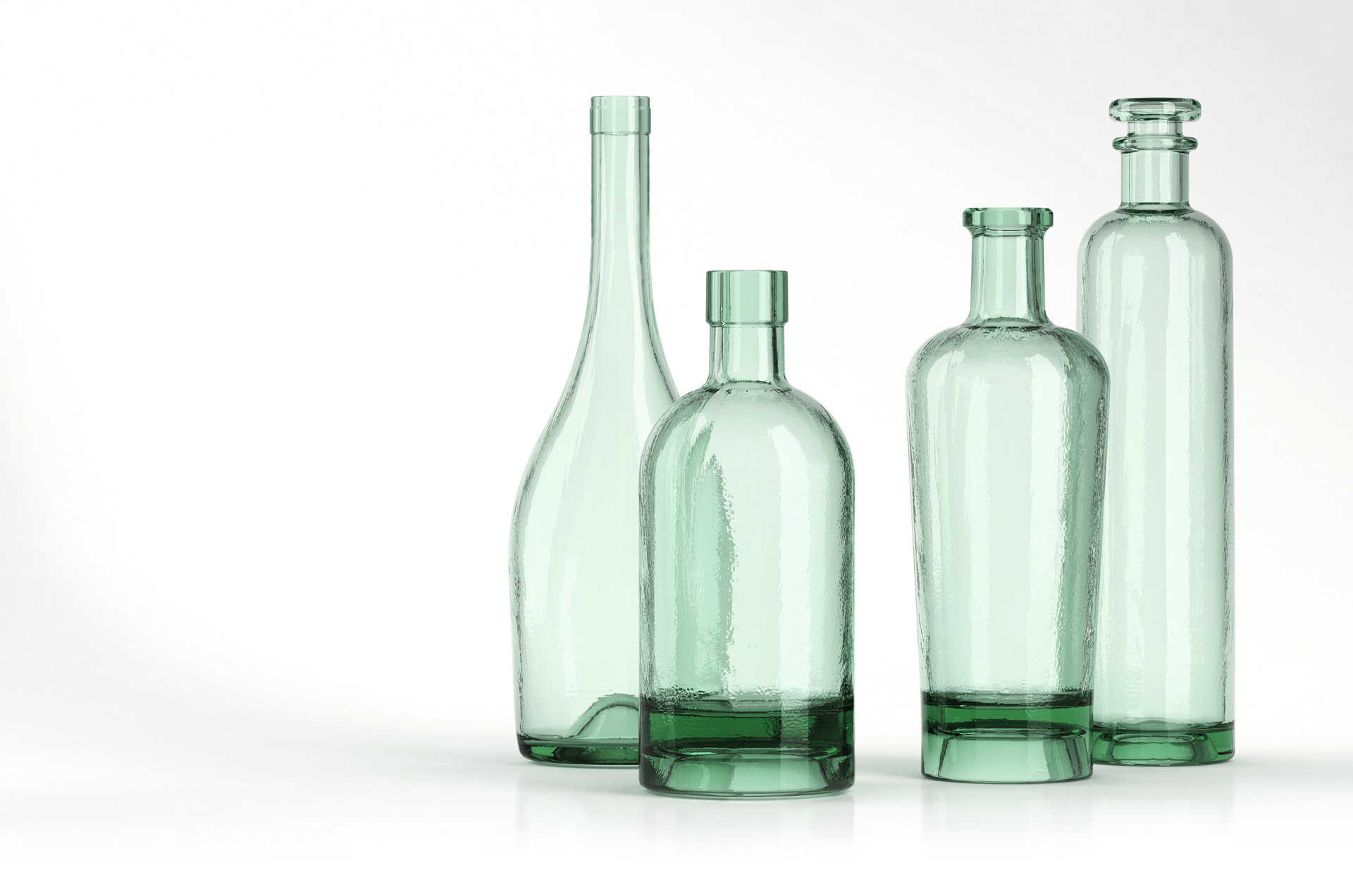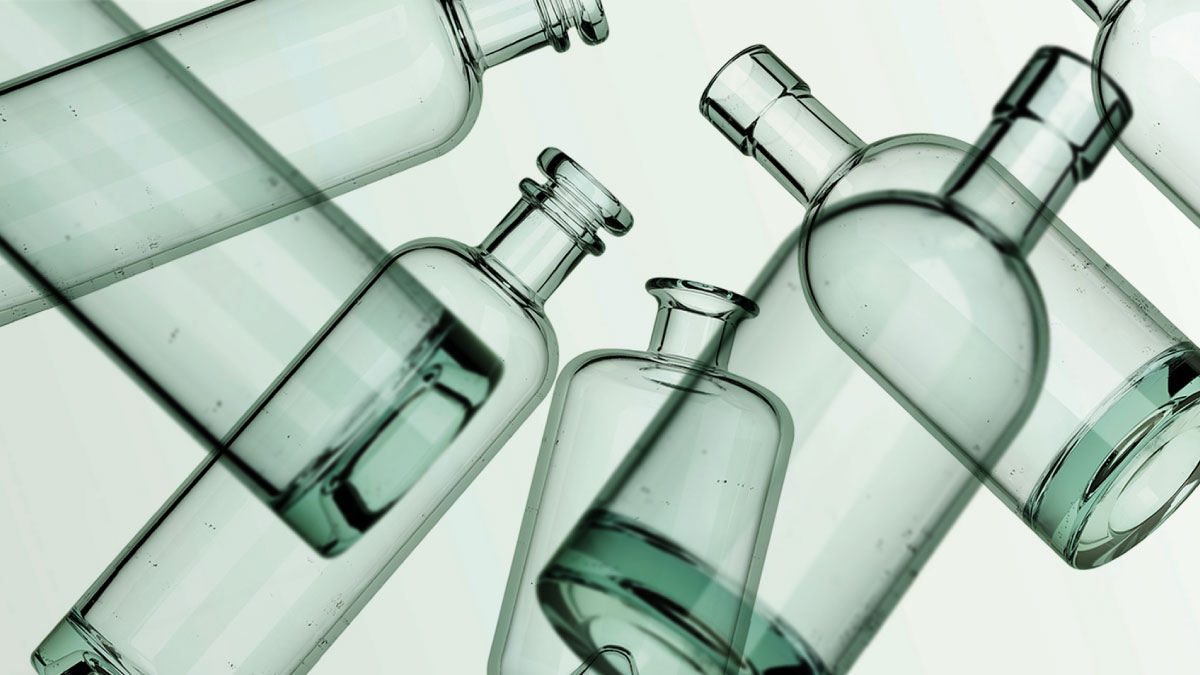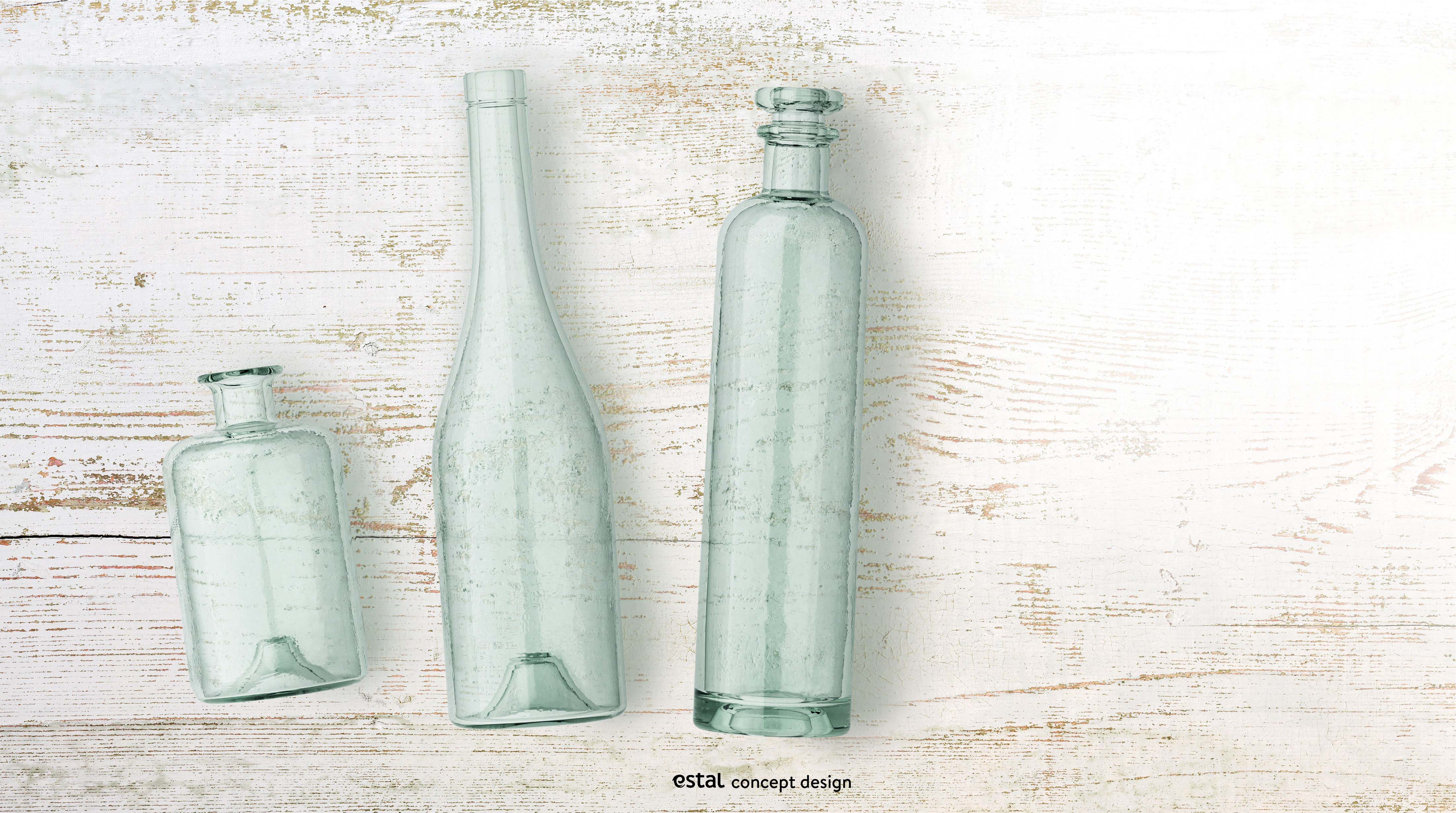Wine and Spirits Sustainability Trends 2024
The global shift toward sustainability is palpable across nearly every sector. Within the wine and spirits industries, this movement has gained remarkable traction, driven by consumers’ increasing demand for environmentally responsible products. 2024 brings about more pressure for industry to put sustainability at the center of all operations, but also provides opportunities for businesses to flourish by staying ahead of the trends in innovative and sustainable advancements. Here are four sustainability trends to keep an eye on in 2024:
Regenerative practices for wine and spirits
Recent years have seen a boom in conscious agricultural practices through the philosophy that all aspects of agriculture are connected. This philosophy emphasizes the careful utilization of land management to restore and regenerate the ecosystems and land we use, leaving it in better health for future generations.
Regenerative principles are a push back against traditional industrial agriculture practices which are responsible for almost one third of the world’s carbon emissions. Regenerative practices promote climate resilience, ecosystem preservation, soil regeneration, and more. But it goes beyond climate impact, having personal and regional economic, community, and mental health benefits as well.
The wine industry has begun paving the way for establishing regenerative principles, labeled regenerative viticulture, and are reaping the benefits alongside growing consumer awareness and support for the move. Wineries are able to show a genuine commitment to putting the planet and people at the forefront of operations. But the principles can be applied to all forms of agriculture, and it is only a matter of time before regenerative practices become commonplace within the spirits industry as well.
Carbon offset vs reduction in the wine and spirit industry
It’s out with carbon offsetting and in with carbon reduction measures for 2024. Credit and offsetting of a company’s carbon emissions has been considered a simple solution to a complex issue for decades. But experts suggest that this isn’t enough to curb the environmental impacts.
Attitudes towards credits and offsetting have begun to change as they are seen as a way for companies to deflect any impactful behavioral changes towards reducing their carbon footprints. Offsetting carbon emissions should only be considered a last resort and cannot replace tangible efforts to reduce carbon emissions towards net zero.
An organization’s carbon footprint can be reduced through the careful consideration of all areas of operation that contribute to the production and distribution of the product. At Global Package, we considered the environmental impact of our products and have measures in place to reduce the carbon footprint of our customers. We hold a large variety of domestic bottles within our expansive network of warehouses in California, Oregon, and North Carolina, which limits the freight distance, thus limiting the carbon footprint attached to the bottles. This gives you easy access to our attractive range of wine and spirit bottles, with ample quantities available to suit your particular needs, without the extra carbon attached.
Read more about our collection of locally stocked wine and spirit bottles.
Lightweight glass bottles for wines and spirits
One method gaining momentum in the effort to reduce carbon emissions within the wine and spirit industry is the adoption of lighter-weight bottles. This approach not only offers a reduction in transportation costs, but also significantly contributes to reducing the carbon footprint associated with transport of wine and spirit packaging. By utilizing lighter-weight bottles, businesses can effectively decrease the energy required for transportation, thereby lowering greenhouse gas emissions generated during shipping.
Global Package offers a stylish line of Elegant Light bottles. These bottles are specifically designed to be lighter in weight, resulting in both more economical and ecological shipping practices. Available in a variety of classical shapes and colors, our Elegant Light collection includes options for both wine and spirits. Despite their reduced weight, these bottles maintain the integrity and timeless elegance of traditional glass bottles. Through innovative design and materials, our Elegant Light bottles represent a sustainable solution for packaging needs in the wine and spirits industry, aligning with the overarching goal of reducing carbon emissions and promoting environmental stewardship.
Read more about our Elegant Light Line of wine and spirit bottles.
Wine and spirit climate regulations and reporting
Governments around the world have begun considering and implementing mandatory climate reporting for business. This will increase the transparency and visibility of the impact organizations are having on the planet and will have serious implications for how an organization is viewed by the public. It is a step towards eliminating greenwashing and provides opportunities for organizations who have sustainable practices at the core of their operations to leverage their positive impact.
Global Package LLC, has a long history of working with glass manufacturing partners around the world who are leading efforts in sustainability. Striving to be among those who led efforts in easing the environmental concerns of our industry, we have developed our own innovations in glass manufacturing to aid in the reduction of our clients impact on the environment.
Read more about our sustainable wine and spirit packaging.

Sustainable glass packaging manufacturing
Sustainable manufacturing for glass packaging plays a crucial role in the overall sustainability efforts of the wine and spirits industry. While agricultural practices certainly have a significant impact on sustainability, it’s essential to recognize that not all resources are renewable or can benefit from regenerative practices.
The standard production of glass requires substantial amounts of raw materials – primarily sand, soda ash, and limestone amounting for 95% of the raw materials used in typical glass production. This reliance on raw materials underscores the importance of incorporating recycled materials into the manufacturing process.
Recycled cullet is a key component in sustainable glass production. For every kilogram of recovered glass used in manufacturing, approximately 1.2 kilograms of virgin raw materials are saved. Moreover, the integration of recycled cullet into the production process yields significant energy and emissions savings. For every 10% of recycled cullet used, there is a 2-3% reduction in energy consumption and a 5% decrease in CO2 emissions. This means that for every six tons of recycled glass utilized, one ton of CO2 emissions is offset, highlighting the environmental benefits of cullet utilization.
At Global Package, sustainability is at the forefront of our manufacturing practices. Our green & antique glass utilizes 90% cullet, while our amber glass incorporates 80% recycled material. Additionally, our flint glass contains 65% cullet, further reducing our reliance on virgin raw materials. Notably, our Wild Glass collection boasts close to 100% cullet content, exemplifying our dedication to sustainable glass packaging manufacturing.
By prioritizing the integration of recycled cullet and embracing sustainable manufacturing practices, the wine and spirits industry can minimize its environmental footprint and contribute to a more sustainable future.
Wine and spirit sustainable packaging
Recycling and waste reduction has been a staple in sustainability efforts for years with packaging reflecting consumers and businesses desire to reduce environmental impact without sacrificing quality. The wine and spirit packaging industry experiences new innovations, technological advances and trends every year.
In 2024, we’re seeing changing perceptions about boxed wine in an effort to use more sustainable materials, and the move to glass bottles that are manufactured from 100% PCR glass. PCR, which stands for post-consumer recycled content, is reclaimed glass from the end-user that has been crushed, melted down and used again. The glass recycling cycle can be repeated endlessly without damage to the end product. That makes glass a so-called permanent material, unlike plastic whose recycle life has limitations.
Global Package’s beautiful and sustainable Wild Glass line of bottles has become widely popular in the US and international market. 100% of the Wild Glass material is PCR glass or cullet glass sourced from recycling programs, and its production method reduces energy use and CO2 emissions.
These bottles are 100% recycled glass bottles that are one-of-a-kind, since slight imperfections in the natural formation of the glass are allowed to remain, while retaining all the manufacturing positives of automated glass, much like organic handmade art. This results in fewer discards (from 25% to 10%), since the cosmetic (aesthetic) defects are accepted as part of the organic beauty of the glass, so less glass is wasted.
All Wild Glass bottles retain the manufacturing standard and structurally soundness of traditional bottles yet, no bottles are discarded for having aesthetic defects. This means that bottles that would usually be classified as rejects, are used and celebrated. This efficiency creates a more sustainable supply chain.
Explore our collection of Wild Glass by Estal today.
At Global Packaging, we aim to provide our customers with the highest level of innovation and sustainability through our wine glass bottles and spirit glass bottles. Using recycled materials, lightweight bottles, and having shorter import distances, can all work towards reducing wine and spirits packaging environmental impact.
Explore our glass wine bottle and our glass spirit bottle collections.
About Global Package
Global Package supplies high-end glass bottles to the wine and spirits markets across North America. Sourcing bottles from Europe, Asia and domestic markets, Global Package has an esteemed portfolio of bottles and packaging, specializing in sourcing and supplying glass, bottle customization, and speciality sourcing for small to large projects ensuring your product is presented affordably, effectively and professionally. Global Package has strategic alliances with innovative suppliers, designers and marketing collaborators both domestically and internationally, as well as stock across a local network of warehouses ready for dispatch.
Please contact our team with any queries you may have about our products or services. Fill out our contact form, email us at sales@globalpackage.net, or call us on +1 707 224-5670.












 the last in the series this upcoming Friday, April 29th on “All Things Soil Sustainability.” I was proud to participate in the series and to support this important organization (
the last in the series this upcoming Friday, April 29th on “All Things Soil Sustainability.” I was proud to participate in the series and to support this important organization (





